Said and Done
NOVEMBER 2021
MIT SCHOOL OF HUMANITIES, ARTS, AND SOCIAL SCIENCES
QUOTABLE
The work of election administrators "supports the U.S. Constitution, which forms the basis of the rule of law in this country... Every citizen, regardless of political affiliation, should want to make sure these defenders of democracy are comfortable performing their legal obligations and administering safe, secure, transparent elections."
— David Levine, Elections Integrity Fellow
STRENGTHENING DEMOCRACY
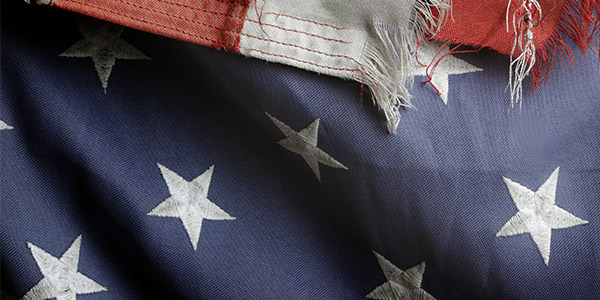
MIT ELECTION LAB
Protecting the linchpin: America's election officials | David Levine
Expert, dedicated election officials are the linchpin for ensuring the integrity of US elections. Levine, an Elections Integrity Fellow at the Alliance for Securing Democracy, writes that although the 2020 presidential election was the most secure in US history, election officials are being threatened and harassed. He recommends ten ways state/local governments can protect and retain America's invaluable election officials.
Commentary via the MIT Election Lab blog
HEALTH AND HEALTHCARE
HEALTH ECONOMICS
Where you live affects your longevity | Amy Finkelstein
It turns out that where you live, not just how you live, can make a big difference in longevity. Possible place-based factors include the quality of medical care, climate, pollution, crime, and traffic safety.
Story by Peter Dizikes at MIT News | Paper: Place-Based Drivers of Mortality
HISTORY; ANTHROPOLOGY; SCIENCE, TECHNOLOGY, AND SOCIETY
Tracking global medical and microbial realities | Rijul Kochhar
HASTS PhD candidate Kochhar conducts ethnographic/historical research on the story of how antibiotics have, gradually and globally, lost their efficacy over time. His examination includes tracking the nature of scientific thought as it transforms over decades and centuries — as well as the cultural resurgence of phage therapy, an alternative to antibiotics.
Story by MIT SHASS Communications
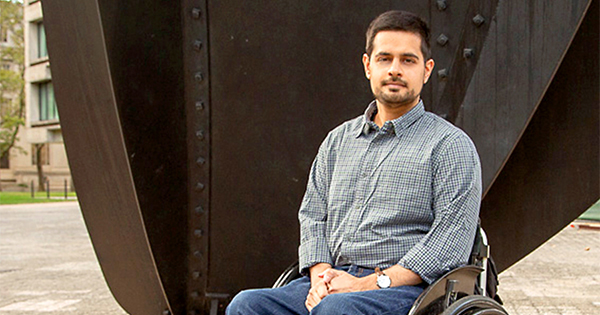
Rijul Kochhar; photo by Jon Sachs, SHASS Communications
“My research at MIT HASTS concerns the medical, scientific, security and ecological implications of the ongoing failure of antibiotics. Amidst the rise of antibiotic-resistant 'superbugs', I track the cultural resurgence of bacteriophage (literally, 'bacteria-eating') virus therapies, which offer one alternative to antibiotics in the fight against bacterial pathogens."
— Rijul Kochhar, PhD candidate, MIT HASTS program
MAKING A JUST SOCIETY
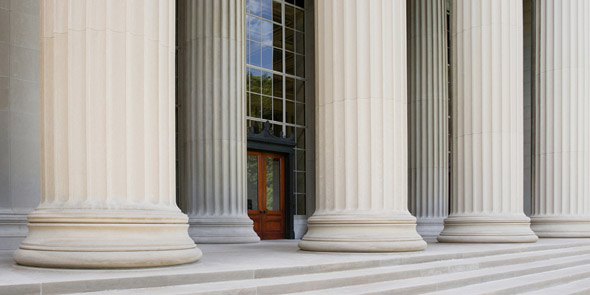
MIT SHASS DIVERSITY, EQUITY, AND INCLUSION
Update on our Program
Explore the SHASS DEI websection for information, resources, and a Gallery of Research, Courses, and Events. The MIT SHASS program, led by Assistant Dean Tracie Jones, is part of an MIT-wide effort coordinated by the Institute Community and Equity Office (ICEO). Among SHASS works-in-progress is a series of commentaries exploring the question: "What is Culture Change — And How Does it Happen?"
Visit the Gallery | Main Page | Bearing Witness: 2022 Conference | MIT ICEO website
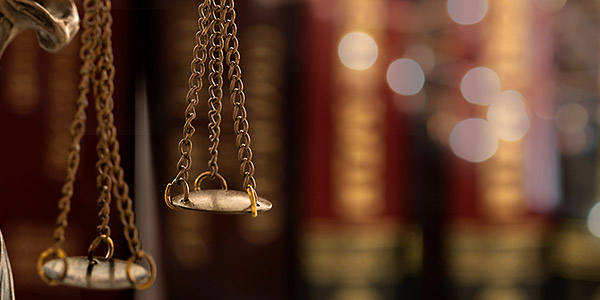
ANTHROPOLOGY
A global conversation on restorative justice | M. Amah Edoh
Professor Edoh's new MIT undergraduate course on the national/global movements for restorative justice and reparations features guest lectures by scholars and practitioners via video. The innovative course, 21A.S01, also invites the participation of the global public.
Story at OpenCourseWare | Webpage: M. Amah Edoh
HISTORY
Indigeneity at MIT | David Shane Lowry, '03 ('07)
A member of the Lumbee tribe who trained as an anthropologist at MIT, Dr. Lowry is the Distinguished Fellow in Native American Studies at MIT. His research focuses on how people and cultures heal, and this year he is teaching a new MIT class, 21H.283/The Indigenous History of MIT. "One goal for this new course," Lowry says "is to give Indigenous people permission to speak, to reinforce the value of their voices in the present, at MIT and beyond."
Interview
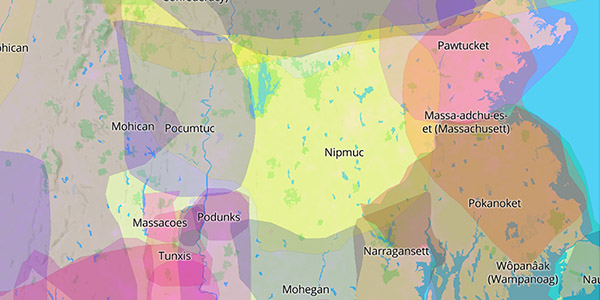
Detail of an interactive Indigenous territories map by Native Land Digital
"Today, restoring the visibility of, and respect for, Native lives and identities is a profound form of healing — both for individuals and for entire communities."
— David Lowry, Distinguished Fellow in Native American Studies
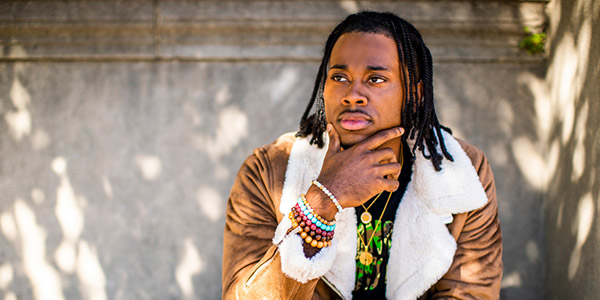
Brian Williams '22; photo by Adam Glanzman
MEET THE MIT BILINGUALS: BIOENGINEERING + BLACK STUDIES
Brian Williams '22 combines joint studies to advance social justice/health
With a major in Biological Engineering and a minor in Black Studies, Williams is focused on public health and social justice. After graduate school, Williams aims to use his skills at the policy level and to advance well-being for communities of color through "activism, advocacy, democracy, and legislation."
Story at MIT News
INSIDE THE LAB
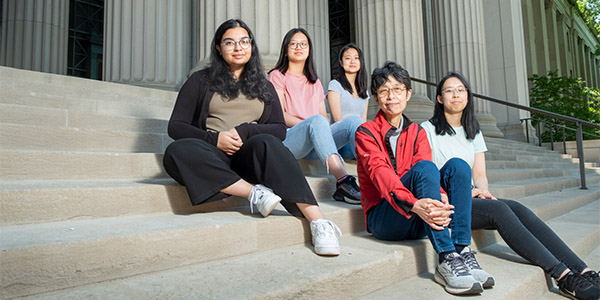
Takako Aikawa (in red), Senior Lecturer in the MIT Global Languages program, with Digital Humanities Lab students, from left: Shara Bhuiyan ’24, Jackie Lin ’24, Yifan Wang ’24, and Peihua Huang ’24. With ~30 students each term, the Lab is now the largest UROP host on campus. Photo: M. Scott Brauer
DIGITAL HUMANITIES LAB
Cracking the language code | Emerging tech for language learning
As a Faculty Fellow in MIT's Digital Humanities Lab, Takako Aikawa worked with students as they created Story Maker and other innovative learning tools for visual recognition, text-to-speech, and natural language processing. To date, the DH Lab, which integrates digital and humanities education and research, has launched 23 projects with 10 MIT disciplines — from analyzing historical photos to creating cool tools. With ~30 students each term, the Lab is now the largest UROP host on campus.
Story at Spectrum Magazine | MIT Digital Humanities Lab
SCIENCE JOURNALISM
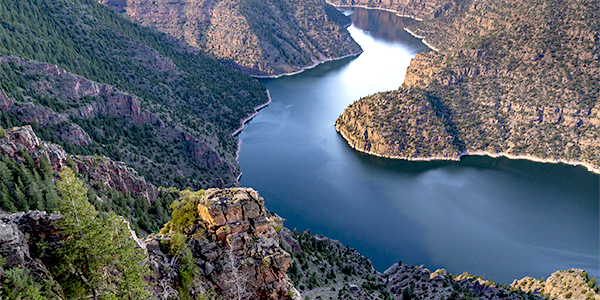
Flaming Gorge Reservoir, part of the Colorado River Storage Project. Detail of ©2021 Ted Wood photograph, a former KSJ Fellow who is making a trove of images for the The Water Desk.
KNIGHT SCIENCE JOURNALISM
The West in photos, a children’s literature award, and books galore
The latest roundup of news about former KSJ Fellows features Ted Wood's photography of Western water issues and a compendium of what the Fellows have been writing.
Alumni Notes from KSJ
KNIGHT SCIENCE JOURNALISM AT MIT
¡Buenas noticias! KSJ's Science Editing Handbook is now available en español!
The handbook provides insights, knowledge, tips, and resources to editors to help ensure that science journalism meets the highest standards of quality. Download the handbook for free:
En Español | In English
UNDARK MAGAZINE | KNIGHT SCIENCE JOURNALISM
Opinion: The messy truth about carbon footprints | Sami Grover
"We are not each on an individual journey to slash our footprint to zero. We are on a collective mission to shift the only true footprint that matters: that of society as a whole."
Commentary at Undark
EXPLORE
Follow us
Subscribe to Said and Done
10 issues a year
Media + Awards Digest
Current coverage
Making a Better World
Browse 12 Research Sectors
Making a Just Society
Explore the Resources
Solving Climate
Browse the Commentaries
Perspectives for the Pandemic
Explore the Series
Ethics, Computing, and AI: Perspectives from MIT
Full Series
Computing and AI: Humanistic Perspectives from MIT
Full Series
MIT Climate website
A major source of research, innovation, and discussion
Join us!
SHASS on MIT News
Research and Features
MIT Campaign for a Better World
Story | Join Us
Published by SHASS Communications
Office of the Dean, MIT School of Humanities, Arts, and Social Sciences
Editor and Designer: Emily Hiestand
Publication Associate: Alison Lanier
Published 17 November 2021





